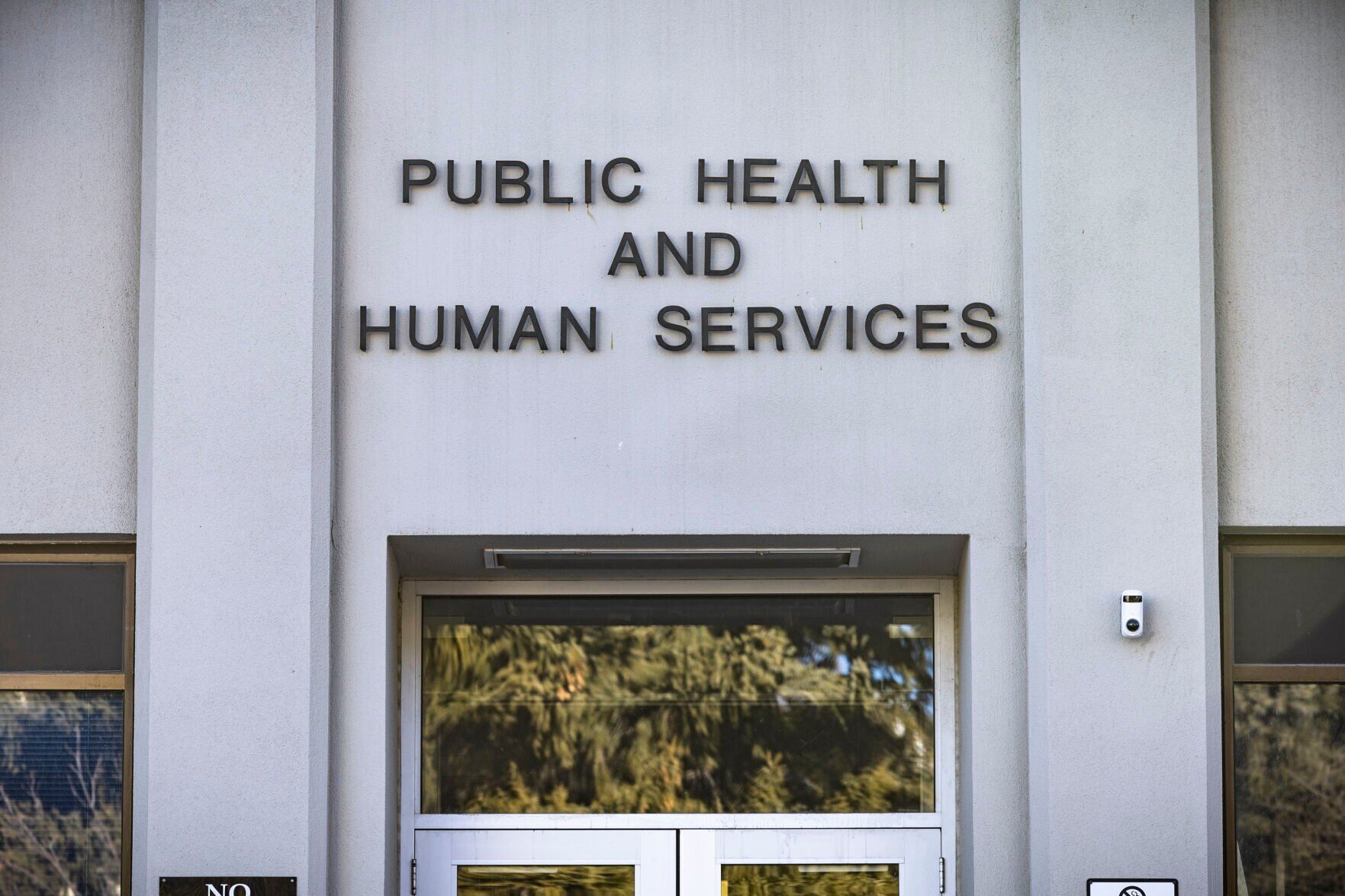Democrats in Congress are quietly shifting away from the longstanding pro-Israel lobbying powerhouse, AIPAC. The emergence of alternative voices like J Street and changing perspectives on Israel reflect a deeper realignment underway on Capitol Hill.
Democrats Pull Away From AIPAC, Reflecting a Broader Shift

Key Takeaways:
- Growing distance between Democrats and AIPAC
- Evidence of evolving attitudes on foreign policy
- Influence of the Israel-Gaza War (2023– ) on public and political opinion
- Rise of J Street as a progressive pro-Israel alternative
- Importance of this shift for U.S. policy discussions on Israel
The Changing Landscape of Democratic Support
A quiet but significant change is unfolding among Democrats in Congress, as they begin to reassess their longstanding ties with the American Israel Public Affairs Committee (AIPAC). This “quiet retreat,” first noted by political observers, underscores how Democratic lawmakers’ perspectives on Israel have evolved in recent years.
AIPAC’s Historic Influence
For decades, AIPAC stood as the most powerful pro-Israel lobbying group in Washington, forging close relationships with both Democratic and Republican lawmakers. Its ability to shape policy and inspire bipartisan support for Israel was nearly unrivaled, reflecting a consensus that spanned party lines.
Shifting Attitudes and Growing Alternatives
A combination of factors appears to be prompting Democrats to rethink their alignment with AIPAC. Key among these is the ongoing Israel-Gaza War (2023– ), which has placed intense scrutiny on the U.S. approach to Middle East policy. In this environment, some elected officials are now gravitating toward organizations like J Street, which present an alternative way for members of Congress to engage with and support Israel while also advocating for a broader diplomatic approach.
Broader Realignment in Congress
Observations of a “realignment underway in Congress on Israel” point to the transformation of established norms. Traditional alliances that once seemed monolithic have given way to a more nuanced range of viewpoints, with many lawmakers seeking to address concerns about human rights, diplomatic strategies, and the complexities of regional conflict.
Implications for U.S. Policy
As Democrats reassess their political affiliations, these shifts could influence the future of U.S.-Israel relations in tangible ways. Legislative debates over aid, defense coordination, and peace negotiations may increasingly reflect a more varied set of considerations. While the full impact of this repositioning remains to be seen, it marks a key moment in the evolution of U.S. foreign policy toward Israel.











